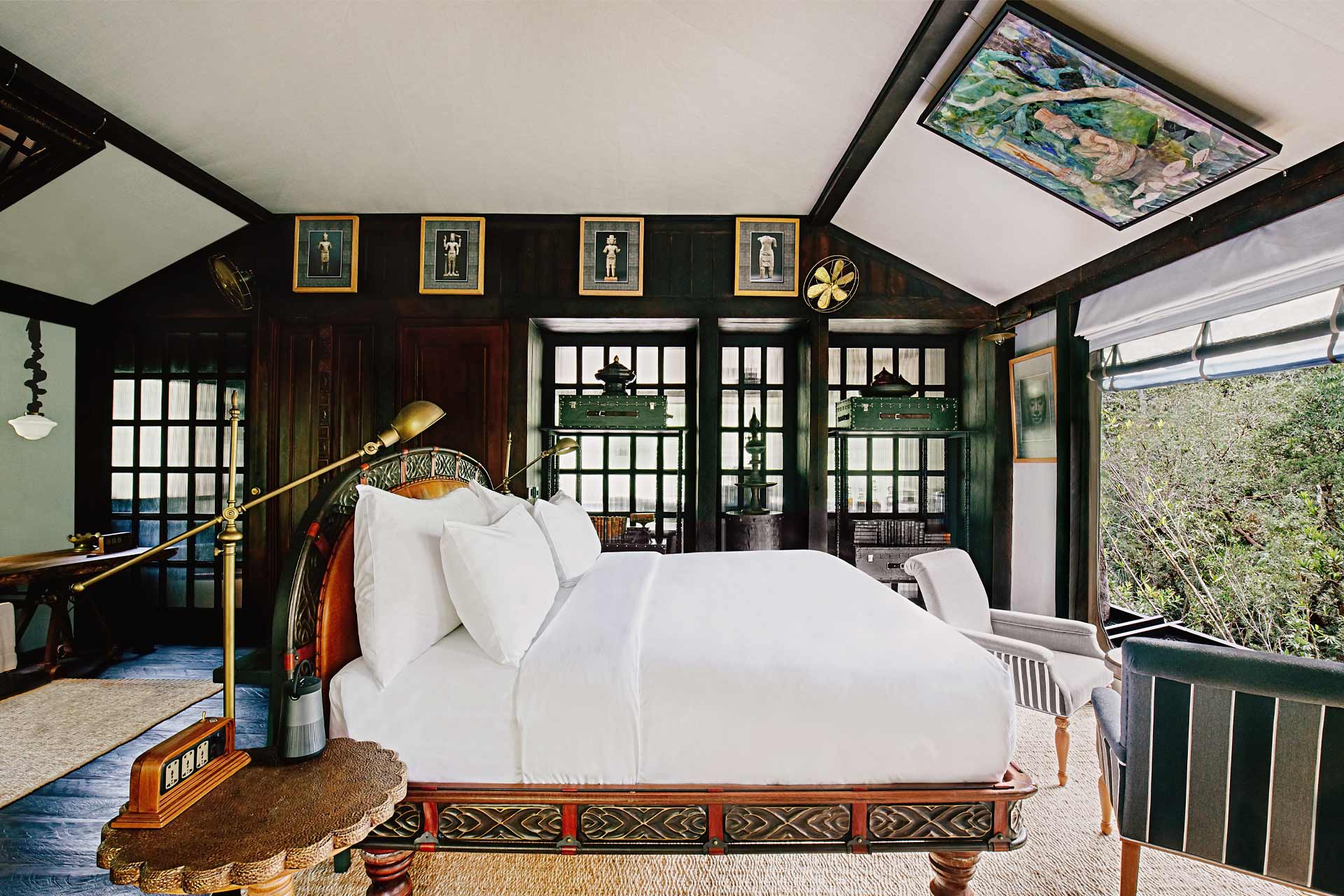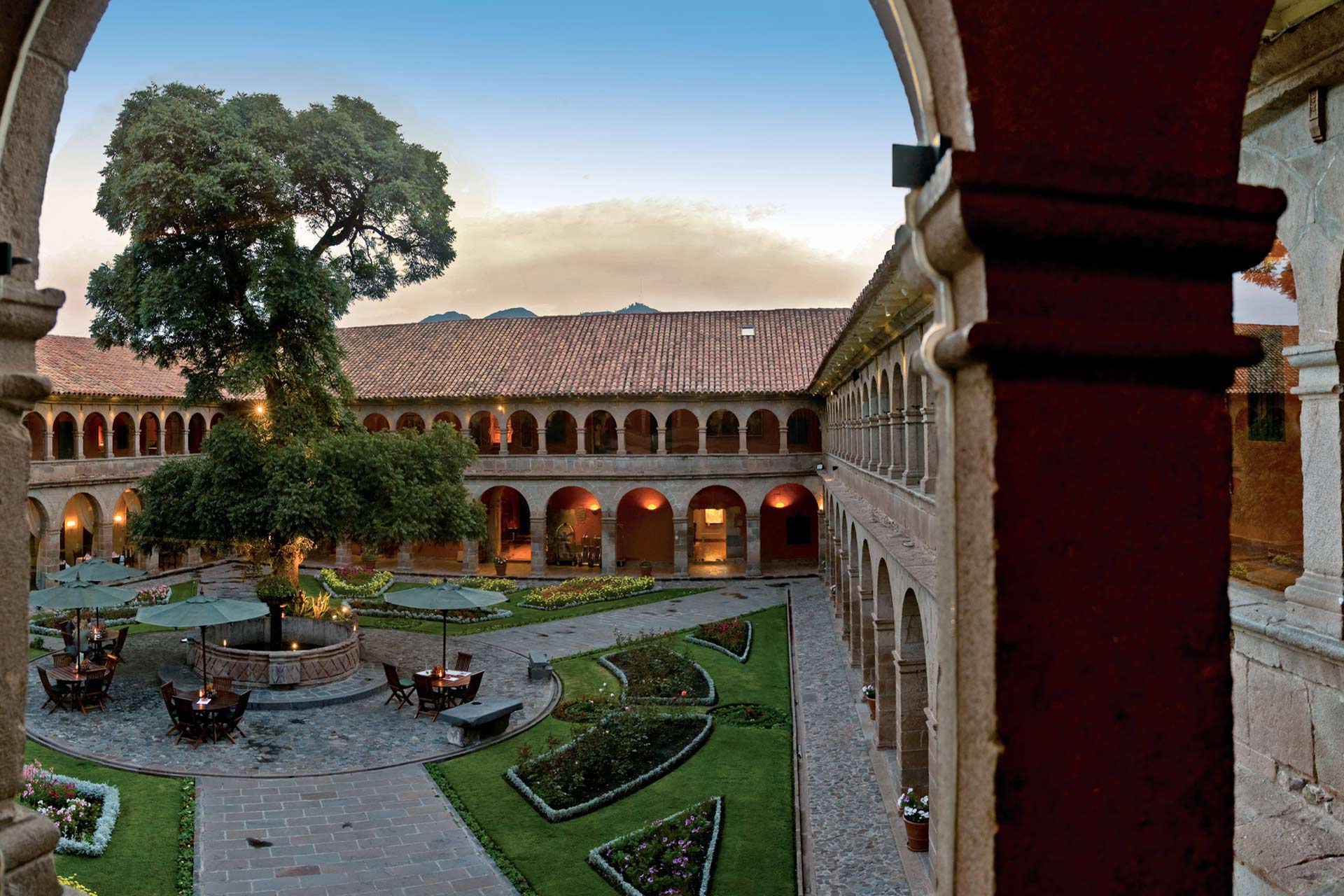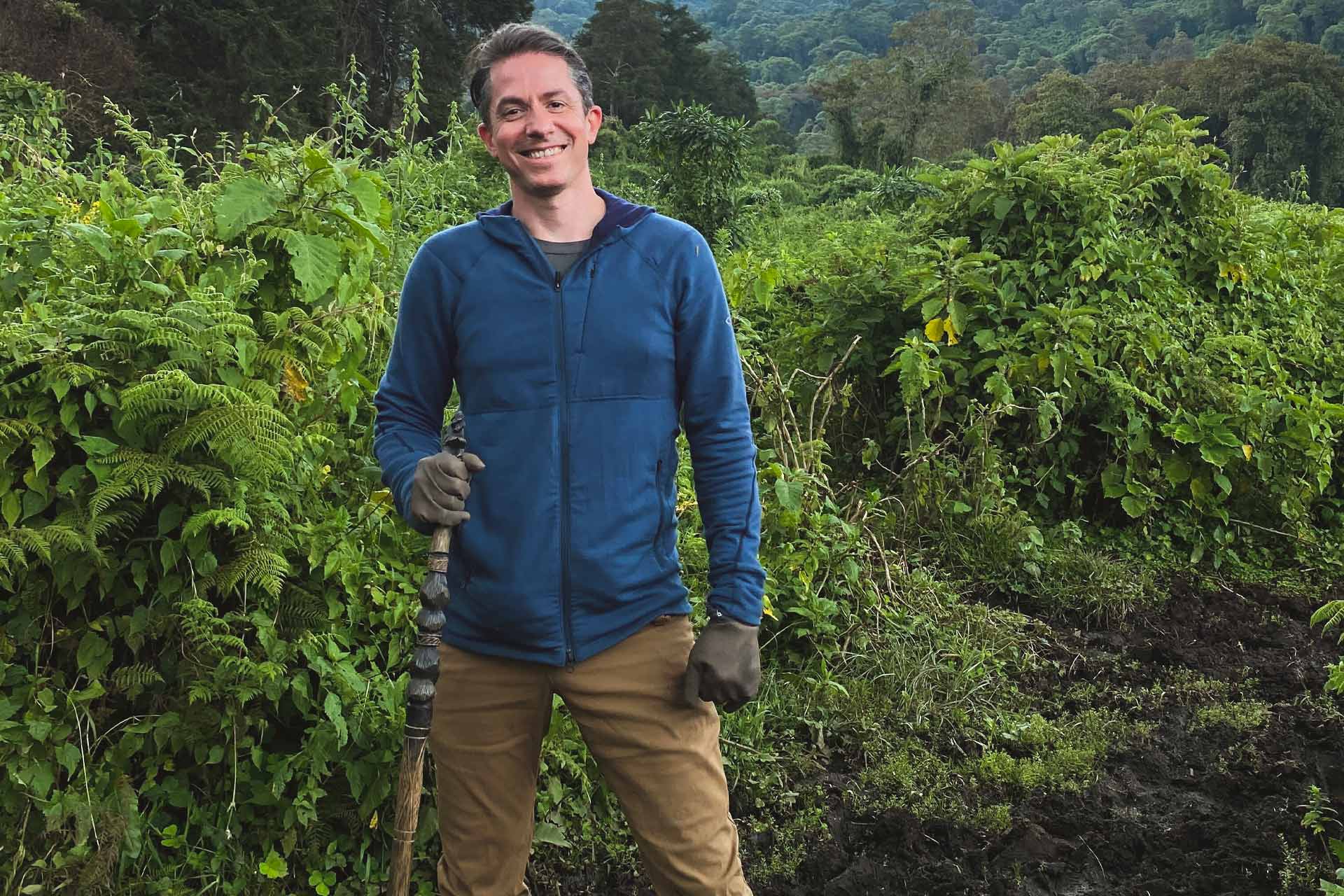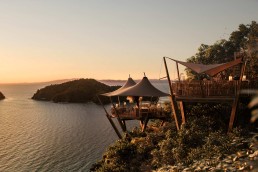Alex Malcolm, founder ofJacada Travel, delves into why the term ‘immersive’ is more than just marketing speak, and how the cultural language and spirit of a hotel affect the understanding of a destination.
A hotel can be so much more than a place to store luggage and get some rest. Indeed, it first and foremost serves as an incredible gateway for travellers to explore and immerse themselves in a destination. Beyond the comforts of home – and a stunning home at that – the best hotels seamlessly immerse their guests into the spirit and culture of a place. In his book, The Great Good Place, American urban sociologist Ray Oldenburg wrote of ‘first,’ ‘second,’ and ‘third’ places, with the first two being home and work. The third are those locations where people gather for good company and engaging conversation.
Through time, third places have also proved to be immensely important for social change; think taverns during the American Revolution, London coffee houses during the Enlightenment, and cafes during the French Revolution. Oldenburg sees these third places as the heart of a community. A hotel has the potential to be the same for travellers in a new destination.

Above all, a hotel should be a place that makes guests feel truly at home. Comfortable, inviting rooms and welcoming staff make all the difference. From the quality of furnishings to thoughtful touches in rooms and exemplary service from the front desk to the restaurant and spa, everything adds up to immersion in a new place, culture and people. Taking it a step further, I’ve found that hotels, resorts and camps that really leave a lasting impression have been shaped by their surroundings and have a sincere connection to the communities and cultures around them.
From interior design and artworks crafted or co-created by local artisans to menus celebrating rich culinary heritage, a hotel most certainly can be a ‘third place’ that immerses travellers in the engaging company of locals and other guests. A property that understands and celebrates its vital place in the fabric of a destination is a gateway into the true soul of a city or country. Whether it’s encounters in a hotel’s public areas or the immersion that guests get from experiencing onsite amenities or unwinding in their rooms, authenticity is key. There’s a big difference between genuinely reflecting a destination and putting on a hollow façade. Sophisticated travellers can tell immediately.

At Jacada Travel, we strive to work with properties that are truly committed to social and environmental upliftment and make it a visible part of their daily operations. It’s one thing to employ from nearby communities, source ingredients from local suppliers, and build on conservation efforts, and quite another to share those priorities with guests, inviting them to become part of the story and gain a genuine understanding of where they are.
A hotel, resort or camp that genuinely fuses multiple facets of a destination under one roof narrows the gap between welcoming a stranger and bidding goodbye to a traveller who has gained insight into a destination not only through myriad experiences, but also by choosing more than just a place to stay. Hotels can be a big part of a traveller’s experience and provide valuable context and a framework for understanding a place and its cultures. A hotel has the power to deliver value beyond its daily rate, that is. You really can fit an entire country into a hotel.

Related Posts
11 January 2023
SB Architects on the future of hospitality design
19 December 2022
TLee Spas + Wellness shares insights on the next era of wellness
19 December 2022



